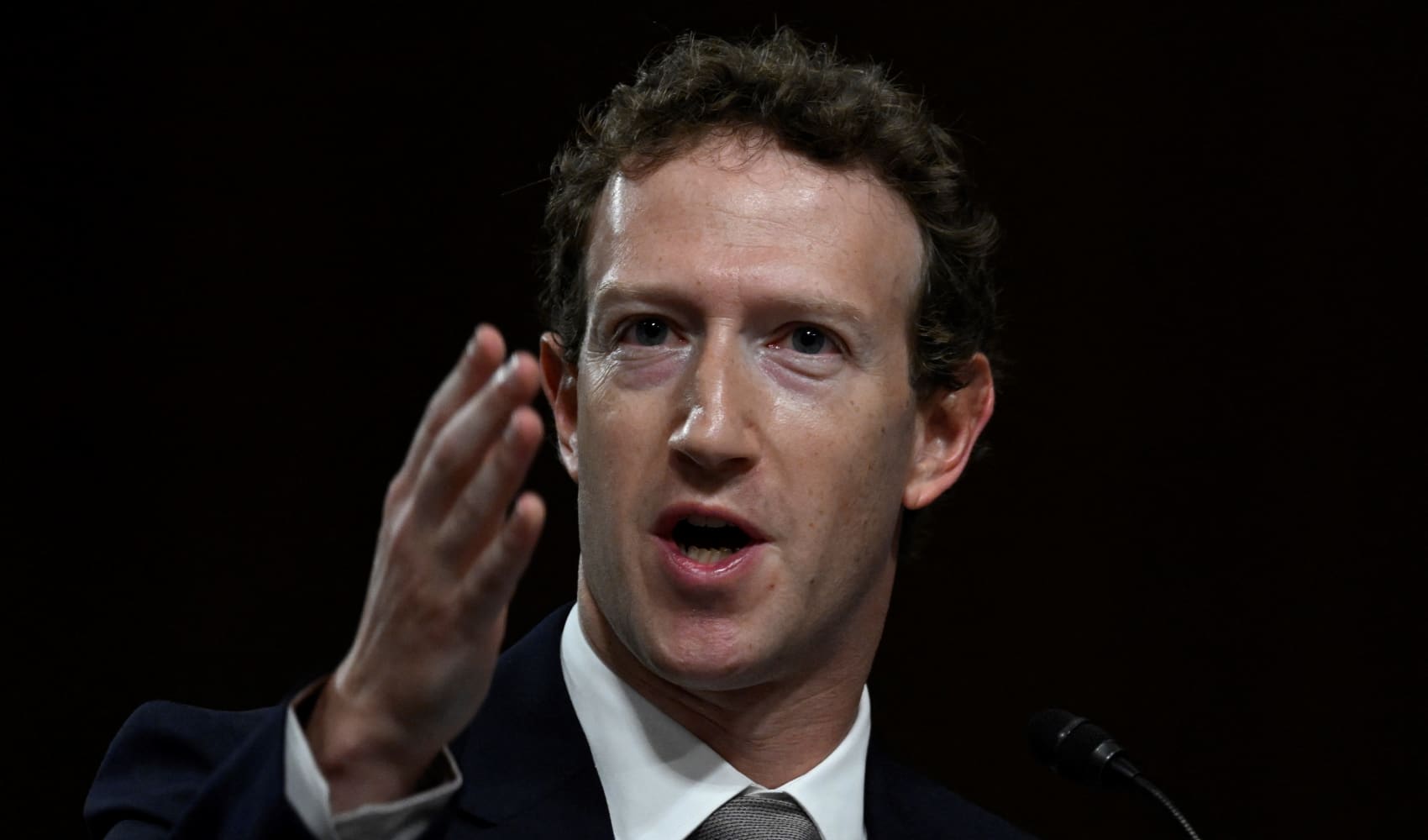
- "I don't think that ESG movement and the emphasis on climate change is creating the problems we have. If anything the problem is that we haven't moved as rapidly as we should have," Janet Yellen told CNBC's Andrew Ross Sorkin.
- Yellen said the United States and Europe would have been less exposed to energy prices resulting from Russia's invasion of Ukraine if there had already been a more significant build-out of renewable energy.
- Current energy market struggles are a reason to increase focus on renewable energy, Yellen said.
Treasury Secretary Janet Yellen said on Friday the United States should have moved faster toward renewable energy sources and that, had we done so, the country would be in a better position to address climate change and national security.
CNBC's Andrew Ross Sorkin asked Yellen whether the focus on environmental social governance needs to be partially suspended because of national security issues that the focus on ESG "is either creating or has created." Global bans on Russian oil after the Russian invasion of Ukraine have led to higher energy prices, for example.
"I don't think that the ESG movement and the emphasis on climate change is creating the problems that we have. If anything the problem is that we haven't moved as rapidly as we should have," Yellen told Sorkin in an interview that aired on "Squawk Box" Friday.
Get Connecticut local news, weather forecasts and entertainment stories to your inbox. Sign up for NBC Connecticut newsletters.
"Europe and the United States would be less exposed to the pressures that this conflict is putting on our energy markets if we had greater reliance on renewables," Yellen said. "That remains firmly appropriate as medium and longer-term goals."
Renewable energy includes wind-powered energy and solar energy.
Money Report
In the short term, having less global dependence on Russian oil would allow the United States "to punish" Russia for its invasion of Ukraine and to "degrade" the power and influence of Russia in the world economy, Yellen said.
Earlier in March, Secretary of Energy Jennifer Granholm spoke to energy executives at CERAWeek and asked them to increase oil production.
"We are on a war footing — an emergency — and we have to responsibly increase short-term supply where we can right now to stabilize the market and to minimize harm to American families," Granholm said.
And on Monday, JPMorgan Chase CEO Jamie Dimon told President Joe Biden the United States needed to create a "Marshall Plan" for domestic energy production.
Dimon called for increased liquid natural gas in Europe, the development of alternative energy sources such as hydrogen and carbon capture, and a broader reduction on Russian energy, according to Axios, which first reported the news.
Yellen acknowledged it will be especially difficult for Europe to quickly reduce its dependence on Russian energy. On Friday, Biden and European Commission President Ursula von der Leyen announced a joint task force to address European dependence on Russian natural gas with a plan that will focus on diversifying supplies of liquid natural gas and reducing demand on natural gas.
While such "enhanced cooperation" will help, Yellen said, "it's not possible to completely eliminate that dependence certainly this year."
Yellen told Sorkin it's even more important for the United States to stay focused on climate goals and a transition to clean energy as the Russian war affects energy markets domestically and abroad.
"If anything, seeing what's happening because of our dependence on global markets for oil and to some extent natural gas just emphasizes the importance of making the transition that will shield us from events in Russia, global developments that can negatively impact oil markets," Yellen told Sorkin.
"You really want to move ... all of us, the United States and our allies, to move quickly to renewables that will give us a safer and more independent energy picture."






